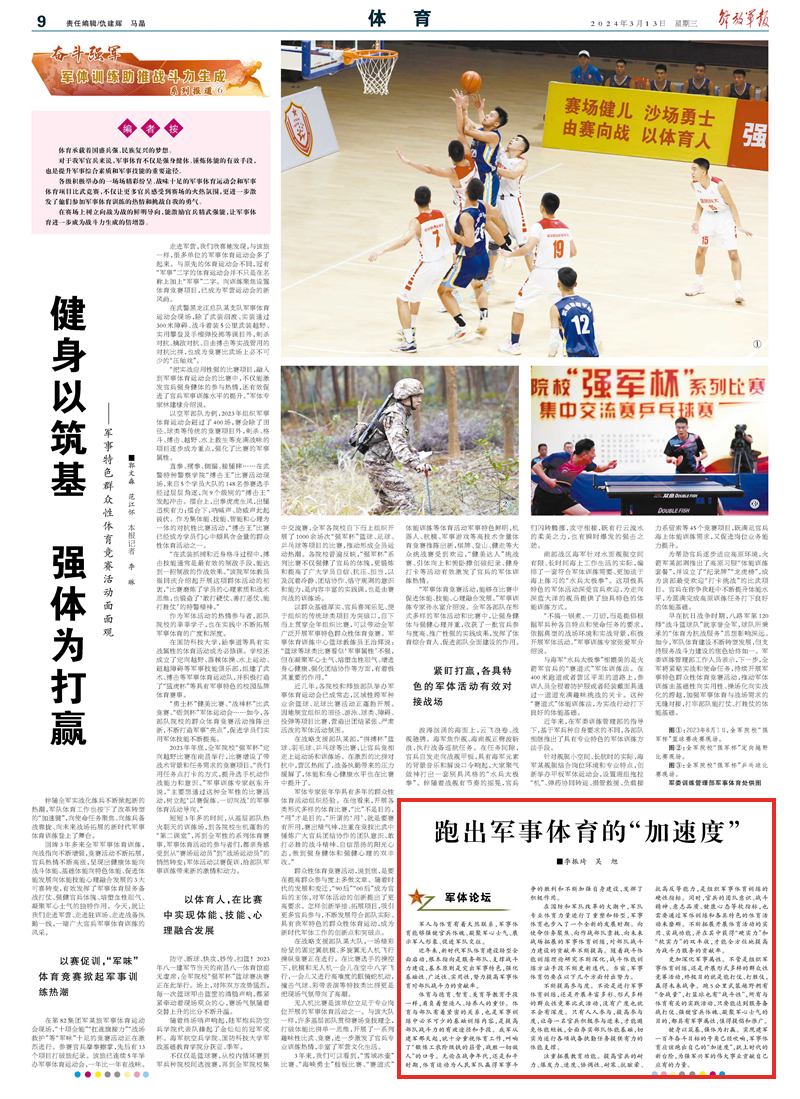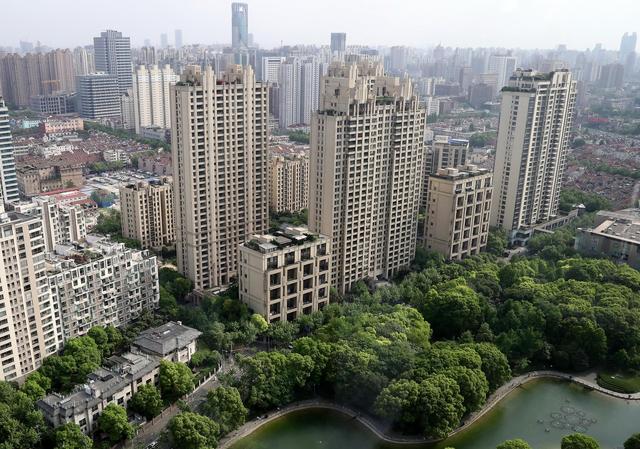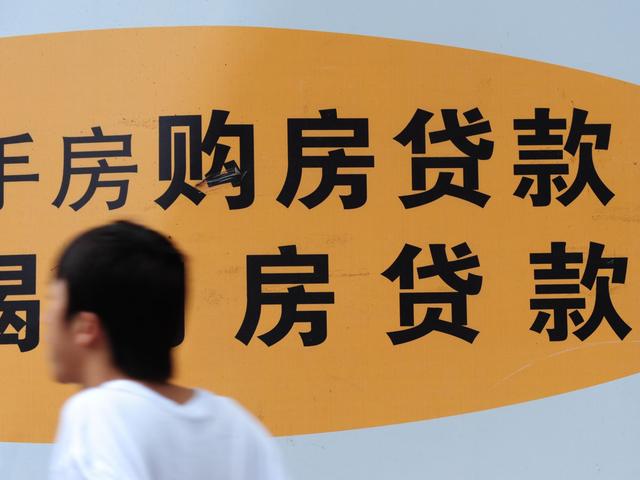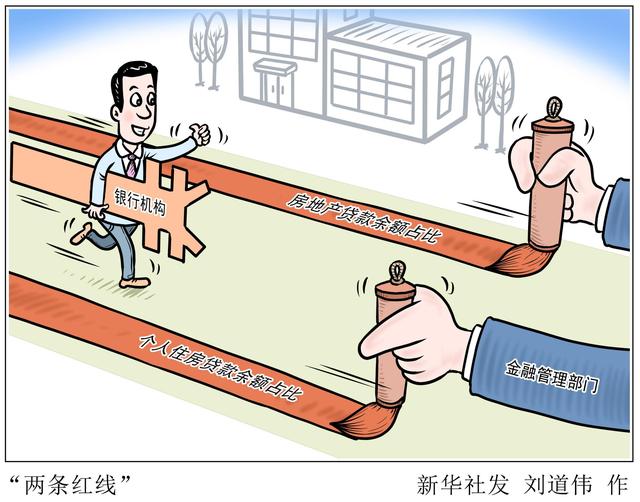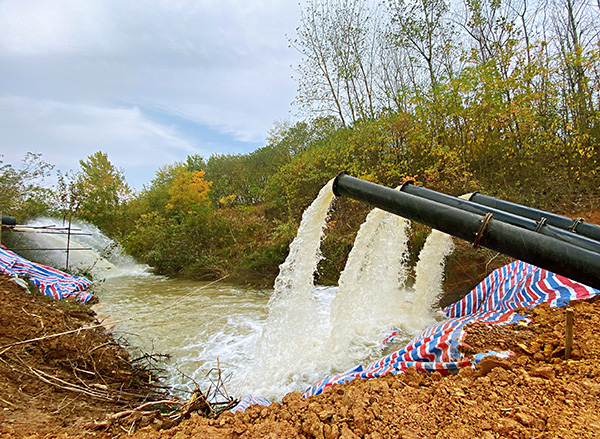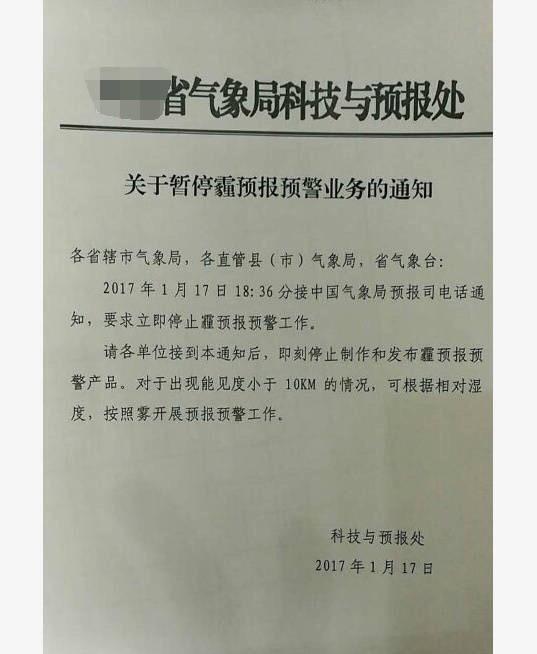[Introduction] Some experts believe that the role of "internet plus" is omnipresent and omnipotent, and it can even break through the boundaries between countries, nationalities, classes and religions to build a brand-new era.
After the combination of intelligence, Internet of Things and big data, cloud computing and mobile Internet, its application space has also been greatly expanded, which can give birth to a series of "internet plus". Some experts believe that its role is ubiquitous and omnipotent, and it can even break through the boundaries between countries, nationalities, classes and religions to build a brand-new era.
Spreading new formats is constantly splitting.
Due to the explosive development of new technologies, the Internet format is changing with each passing day, which makes the Internet rapidly develop from the initial technical form to the application form, and various functional websites and formats are constantly emerging.
The first is the evolution of "internet plus". Mainly reflected in: the combination of network and business, the birth of Amazon, Alibaba, Taobao, JD.COM Mall, Jumeiyou products as the representative of e-commerce websites; The combination of network and news gave birth to news websites represented by Yahoo, AOL, People’s Daily and Xinhuanet. The combination of network and games gave birth to a pan-cultural network website represented by fun games, pigeon interaction and thunder. The combination of network and search service gave birth to search service websites represented by Google, Baidu and sogou. The combination of the Internet and social services gave birth to social service websites represented by Facebook, Twitter, Weibo and WeChat. The combination of network and service gave birth to Internet service websites represented by Leju, Cheetah Mobile and Zhaopin. In the 20 years’ development of domestic websites, three major websites have been initially woven: the first generation of comprehensive portals represented by Sina, Sohu and Netease constitute the initial content network; Social media represented by Sina Weibo and Tencent WeChat have realized the interconnection of interpersonal networks; Companies represented by IBM, Cisco, Intel, Microsoft, Huawei, ZTE, etc. connect everything through the Internet of Things technology.
Associated with this is the emergence of new formats. Due to the rapid development of websites, new formats based on networks are constantly emerging. For example, the "pan-entertainment" Internet continues to develop in depth: in 2014, many Internet companies represented by BAT (Baidu, Alibaba, Tencent) invested heavily in "pan-entertainment", and Internet genes were more and more deeply integrated into various traditional cultural fields such as film and television, drama and literature. In May, Tencent Literature spent 50 million yuan to develop a series of pan-entertainment cultural products for the new book "Choosing the Sky", a "great god" writer in the domestic online literature world. In August, the mobile game adaptation right of Tencent star animation "The Dead Brother" was announced to be exclusively authorized to Zhongqing Longtu Company for 50 million yuan; In September, Tencent once again launched the film and television business platform "Tencent Movie+"with high-quality IP (intellectual property) as the core, thus realizing the layout of its pan-entertainment interactive platform from games, animation, literature, film and television, drama and other multicultural industries. In 2014, Alibaba invested HK$ 6.24 billion to control China (later renamed Alibaba Pictures), a listed company in Hong Kong. Invested 6.2 billion yuan in China Digital Media; Invested US$ 1.22 billion in Youku Tudou … In addition, it has also reached cooperation with Huayi Brothers in the fields of entertainment treasure, e-commerce platform and film and television business. Baidu accelerated its investment in pan-entertainment in the second half of 2014: in August, it established Huace Aiqiyi Film with Huace Film and Television, and participated in film investment on a large scale; In September, we joined hands with China Film Co., Ltd. and CITIC Trust Co., Ltd. to launch the platform of "Baifa has a play";In October, he invested 1 billion yuan in Huace Film and Television, holding 5% of its shares; Baidu Literature was announced in November, aiming to build a complete three-dimensional industrial chain of online literature through the development of derivatives in various fields such as movies, games and animation.
For another example, the Internet continues to expand into the financial industry. In 2014, Internet finance developed rapidly, such as third-party payment, P2P (Peer-to-Peer, Channel-to-Channel) peer-to-peer lending, Internet crowdfunding, Internet fund sales and Internet insurance. Big-name Internet IT companies such as Alibaba, Tencent and Lenovo have successively invested in Internet finance to promote the continuous innovation of Internet financial service models.
In addition, the marriage of the Internet and commerce and the rise of big e-commerce have made the retail industry explode with new energy. In 2013, China’s online retail exceeded 1.8 trillion, surpassing the United States to become the world’s largest online retail country. The combination of the Internet and the car rental industry gave birth to the Internet online car rental industry, such as Didi taxis and fast taxis. Statistics show that in 2013, the transaction scale of China’s online car rental market was 3.42 billion yuan, a year-on-year increase of nearly 70%; In the second quarter of 2014, it reached 3.98 billion yuan, an increase of 22.5% from the previous quarter.
Social networking platforms are booming.
In the field of information dissemination, after the emergence of mobile internet, there have been waves of social networking platform upsurge. At first, it was the spread of short messages, which reached its climax during the Spring Festival on New Year’s Day in 2002. Therefore, the media forms derived from SMS, such as mobile newspaper, mobile TV and mobile radio, have a great influence.
Since then, QQ has suddenly emerged as the dominant player in the domestic instant messaging industry. During this period, Internet blog communication has gradually become popular in the network. Blog content is mainly written, but also focuses on art, photography, video, music, podcasts and other topics, which allows readers to leave comments in an interactive way. It is a giant of online communication and once had unlimited scenery. Later, Weibo appeared, which was more convenient, more timely and more casual than blog, and its influence was explosive. Weibo-style products include media Weibo, government affairs Weibo, campus Weibo and enterprise Weibo. With the emergence of Weibo, there have also been a number of Internet V’s that have caused a sensation throughout the country, and they can even influence public opinion online.
Then, after Weibo came WeChat, which is also the mobile instant messaging mode of the largest user group in Asia and even the world. Almost at the same time as Weibo and WeChat, there are clients. Clients mainly include mobile clients and game clients, and mobile clients are mainly mobile phones. With the advent of the 4G and 5G era, people can perform various corresponding network operations, such as obtaining information, music, bookstore, QQ, stocks, etc., after installing the corresponding software on their mobile phones, which greatly facilitates people’s life and information exchange.
Cross-border integration becomes the new normal
In the traditional media, the business model is mainly engaged in familiar or advantageous fields, but it is often broken in the Internet age. For example, Baidu, Alibaba and Tencent are Internet companies that started with search, e-commerce and instant messaging respectively, but today it is difficult to define which industry they belong to. When people talked about Baidu 10 years ago, they were talking about its search. Today, Baidu has already developed into a comprehensive ecological platform integrating search, promotion, navigation, community, games, entertainment, advertising, cloud computing and other business models, and now it has become one of the largest media in China.
Tencent’s appearance and cross-border of WeChat not only changed the living habits of China people in the past, but also broke the way of communication in the traditional era, balanced the balance of information asymmetry and strengthened the relationship between people. It also subverted the previous business operation mode and management mode to a greater extent, robbed the three major mobile operators in China of their jobs, and made China Mobile understand that its competitor was not China Unicom. The emergence of Alibaba’s Yu ‘ebao has made traditional banks on pins and needles.

Photo courtesy /gettyimages
Subversion becomes the normal path.
In the Internet era, the original business logic of traditional industries has undergone major changes. It can be said that there is no industry that cannot cross borders and no industry that cannot be subverted. For example, the birth of "Didi Taxi" has changed the traditional taxi market pattern and cultivated the modern travel mode of users in the era of mobile Internet. Since the "drip taxi" and "quick taxi" software, taxi drivers are busy taking orders. If you can’t use the taxi software, it may be difficult to get a taxi, because most taxis have been booked.
Letv improved its concept and technology with its super imagination, and achieved great success, subverting the original concept and winning the market. In 2014, they used September 19 to sell 100,000 TV sets a day, and used it to sell 64,000 TV sets a day, breaking many international records in the industry and winning the first place in many industries. The same is true of the publishing industry. Under the impact of various new media, the publishing industry has encountered many difficulties, even failing to find a future. However, the electronic industry publishing house has extended the "crowdfunding" thinking of the Internet to the publishing field. Their new book, Demolition of the Wall: Whole Network Revolution, was published by crowdfunding on the Internet by using the concepts and tools described in the book. Before the first printing, the book was pre-sold by crowdfunding and received a large number of orders. It took less than a week to raise the cost of publishing the book. Before it was published, the publishing house earned all the costs. Finally, when the new book met with readers, it was printed three times in a month. This way subverts the traditional mode that books go to readers through publishing houses and distribution channels, and adopts a brand-new Internet thinking mode. It is not only the success of a book, but also a model that the Internet subverts the traditional business model. (Li Ermei: Deputy Director and Chief Editor of Henan Daily Newspaper Group Network Center)
